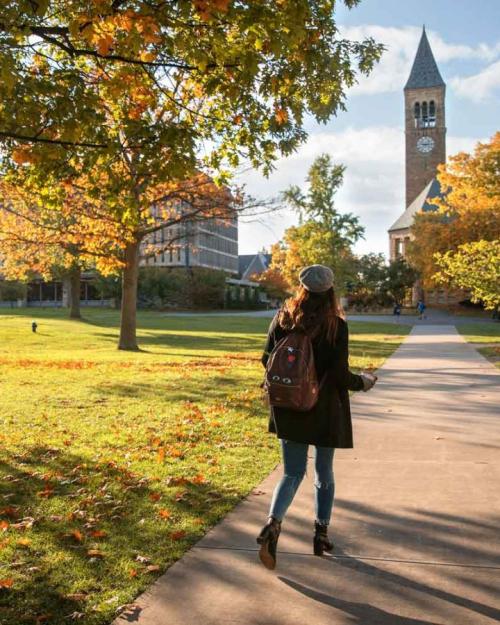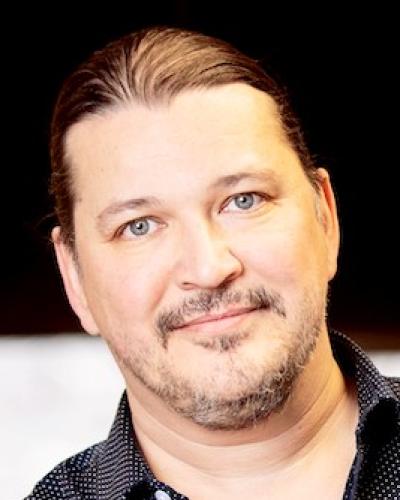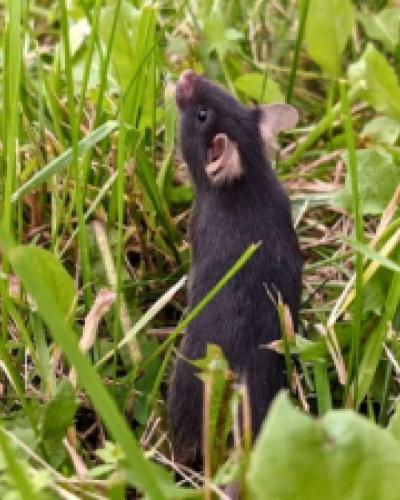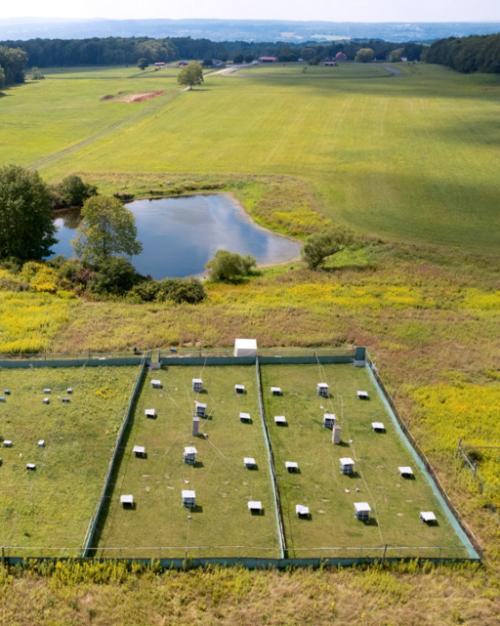 Department Homepage
Department Homepage
Neurobiologist Nilay Yapici named Pew scholar
A Cornell researcher studying neural circuits that regulate hunger sensation and food intake has received a prestigious award from the Pew Charitable Trusts.




